Share
As of February 2024, the Tuna Protection Alliance initiative is no longer active.
Thank you to all TUPA members for their work over the past five years. Together, we have contributed to making tuna supply chains more responsible. This work will now continue under the governance of the Global Tuna Alliance (GTA). For more information on how to get involved in the GTA, please contact Daniel Suddaby.
With five million tonnes fished annually, tuna is one of the most important fisheries in the world. It is also a booming industry worth billions of dollars.
But today, one-third of these stocks are over-exploited or near over-exploitation, mainly due to inadequate and opaque management of tuna fisheries, giving free rein to illegal, undeclared and unregulated fishing practices that are putting pressure on this sensitive ecosystem.
TUPA is a precompetitive initiative driven by canned tuna market players working together to adopt better fishing practices and management to restore balance and safeguard resources for future generations.

Launched in September 2018, TUPA focuses on skipjack (Katsuwonus pelamis), yellowfin (Tunnus albacares), bigeye (Thunnus obesus) and albacore tuna (Thunnus alalunga), which account for the majority of tuna stocks. The members share the same commitment and also work to build cohesion with all stakeholders in the sector.

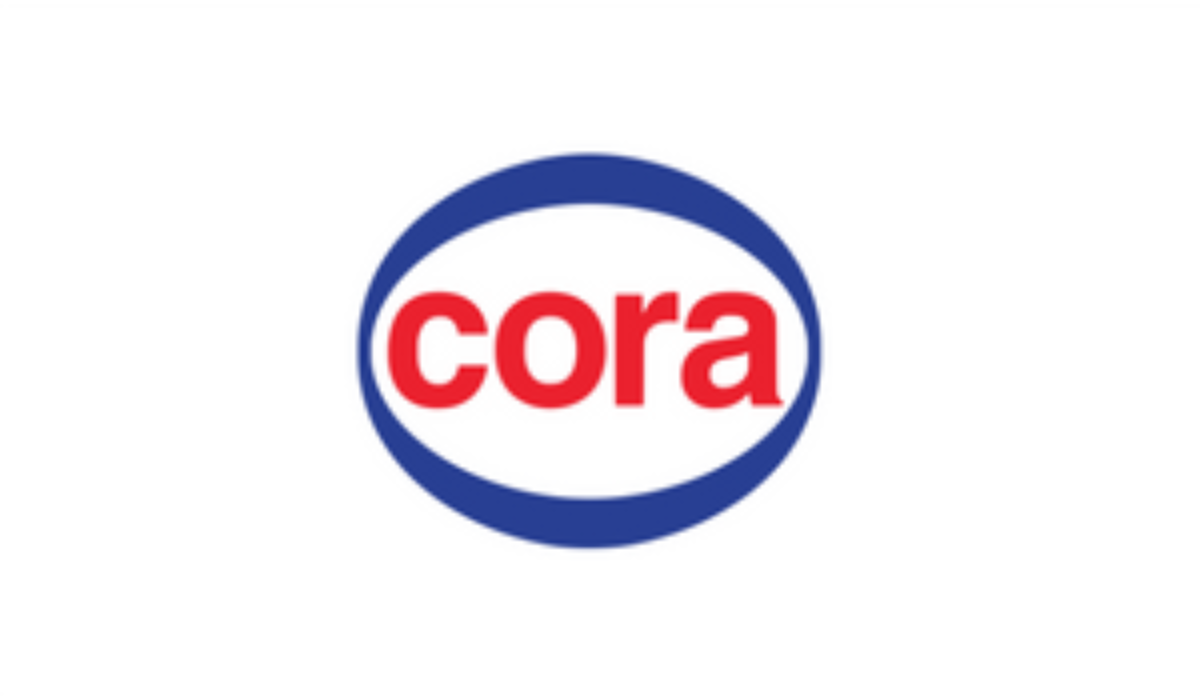

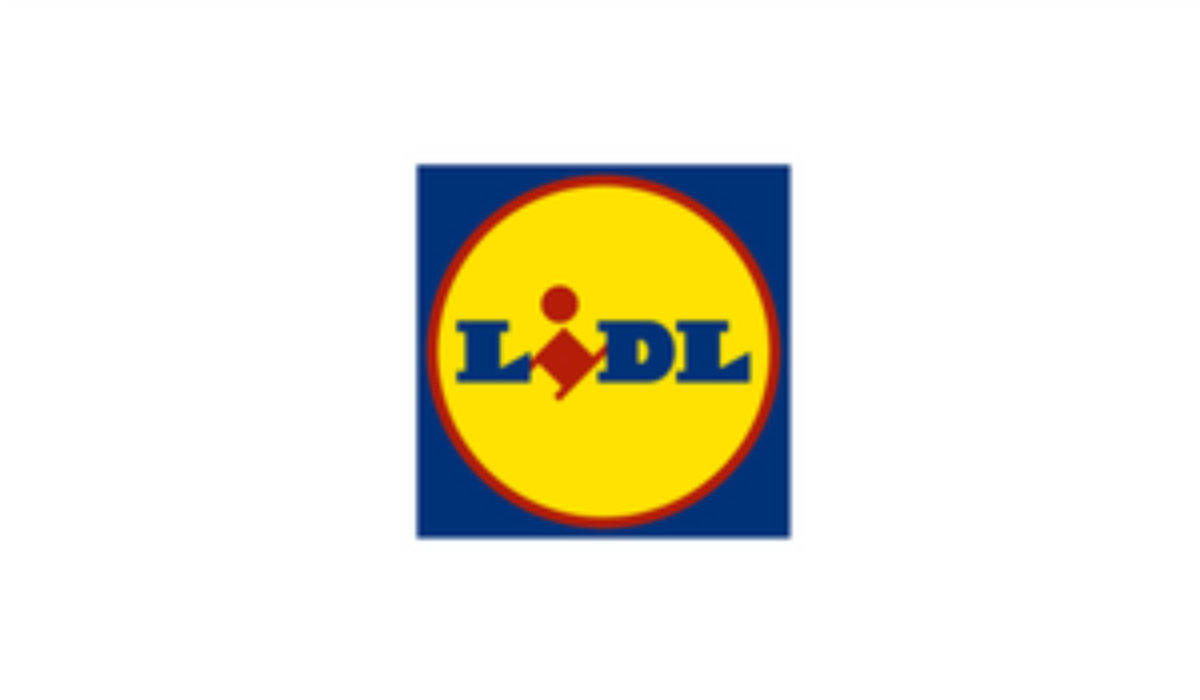
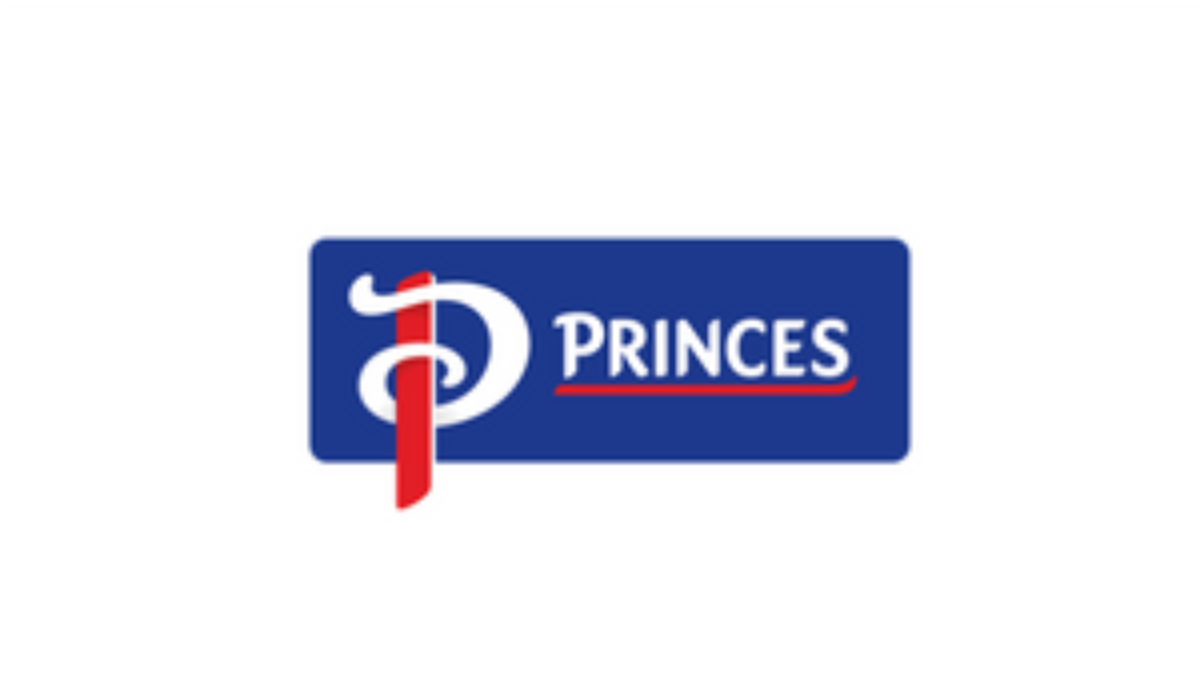

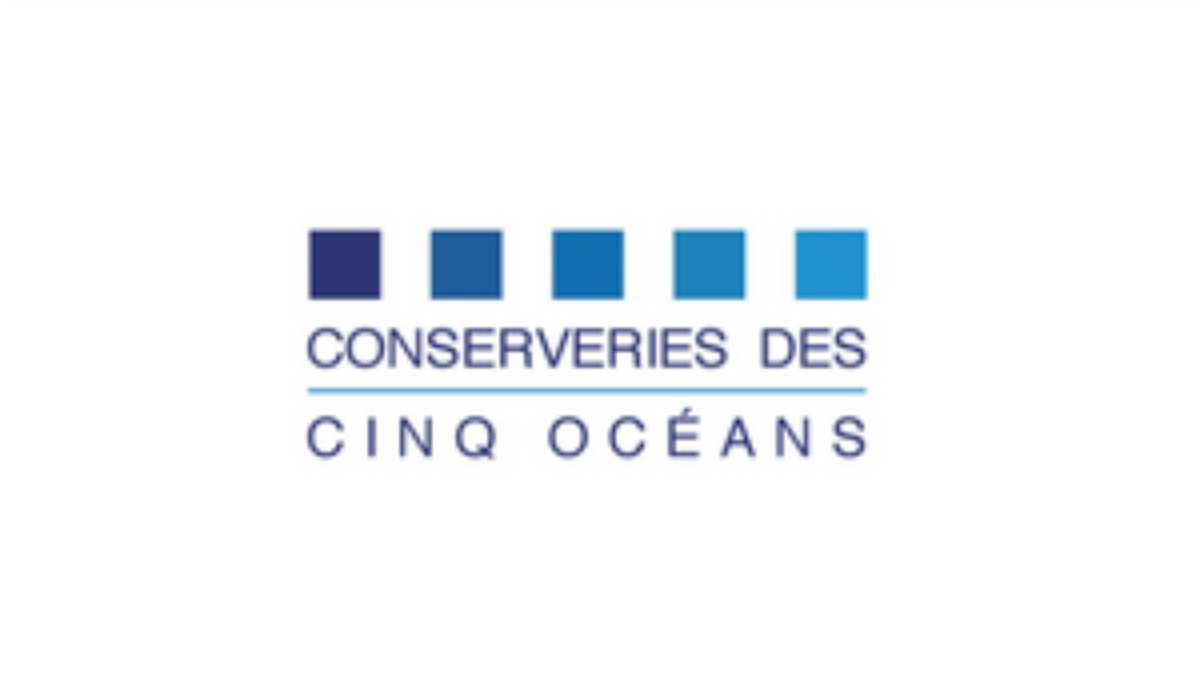
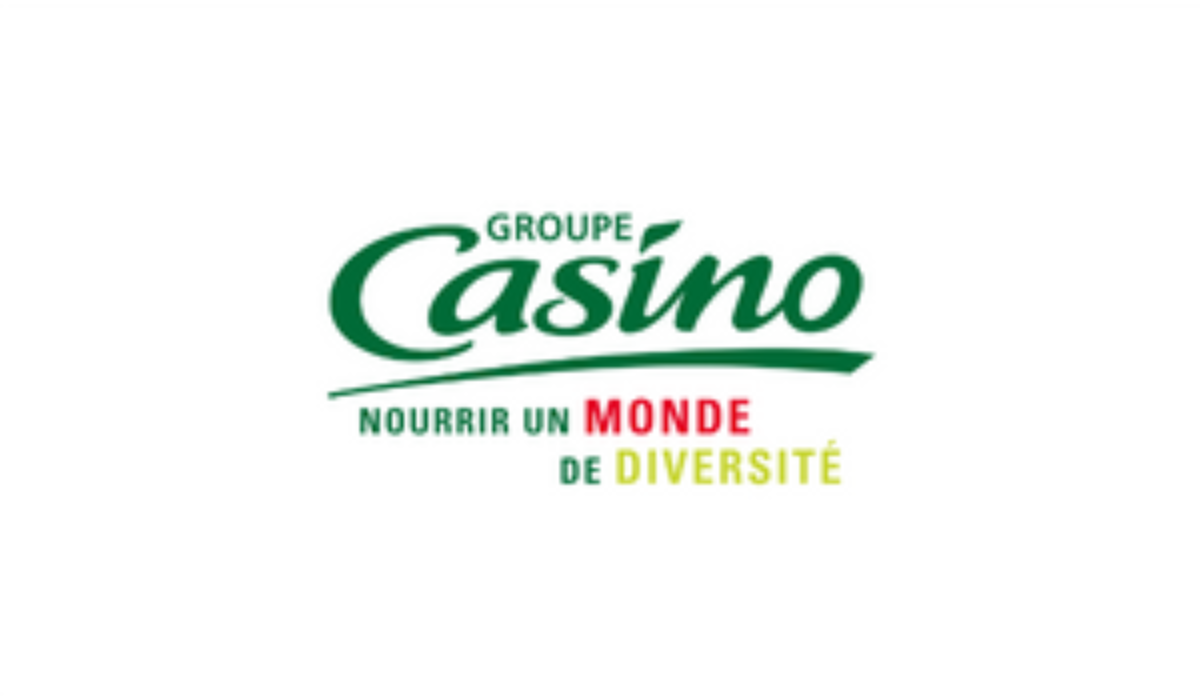
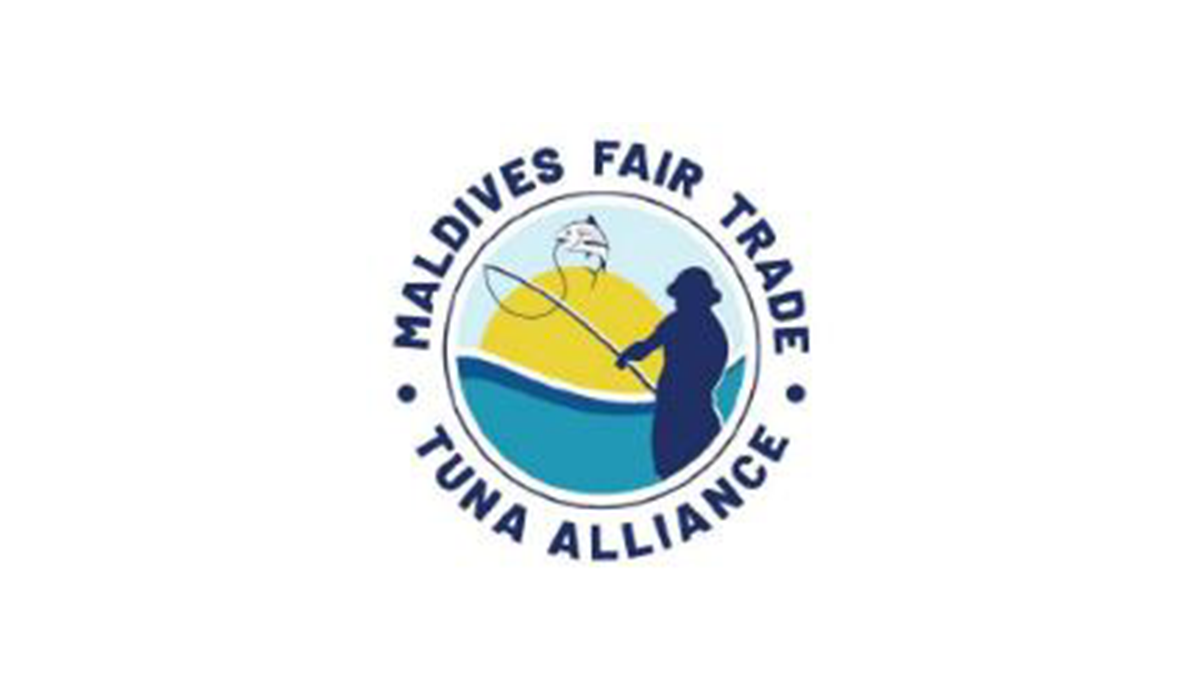
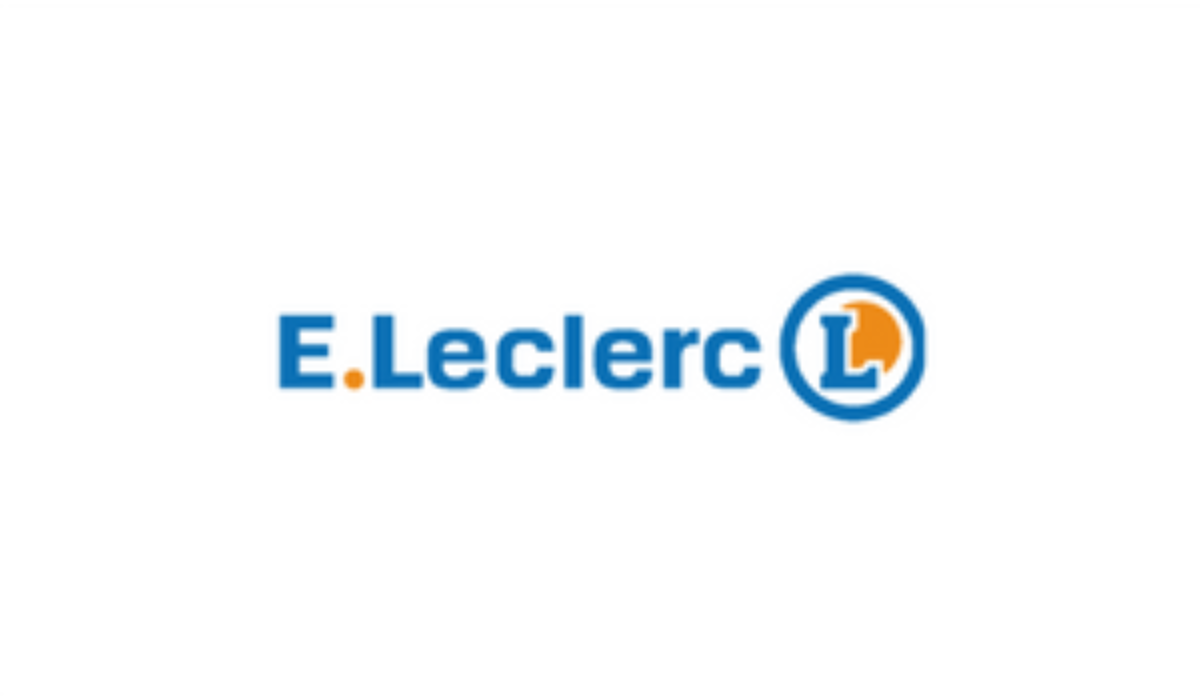

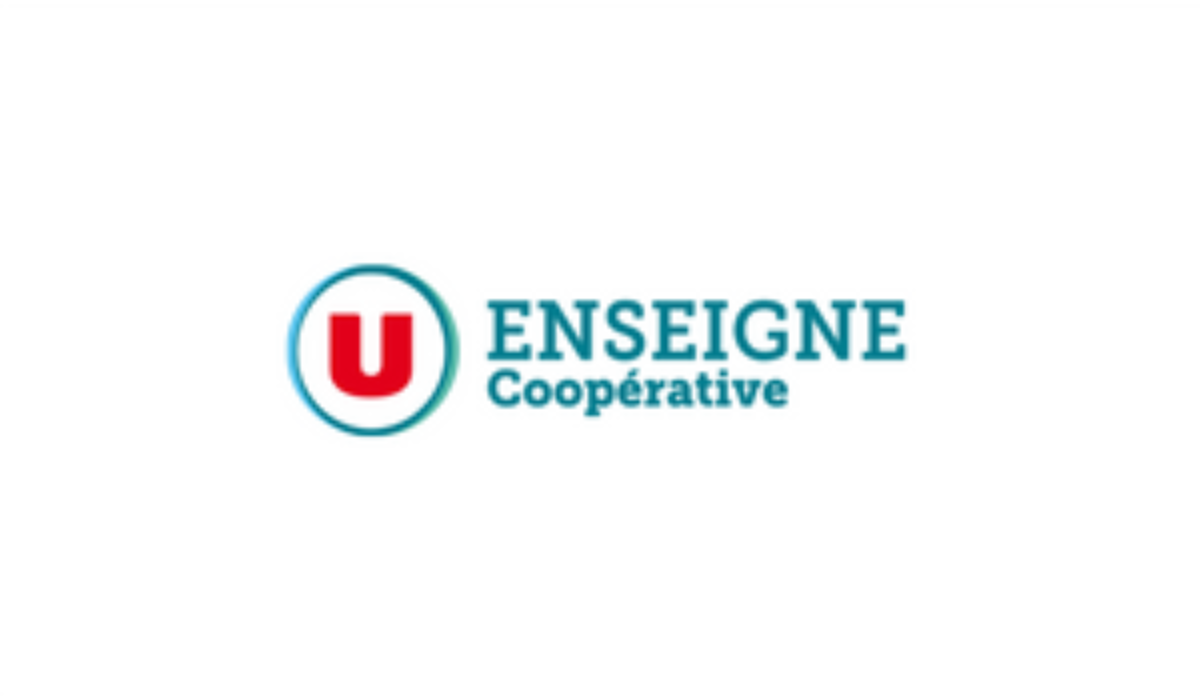
The group works to implement progressive change while considering socio-economic, environmental, and scientific recommendations.
Earthworm France joins TUPA members as coordinators and a number of organisations who contribute their valuable expertise to the tuna industry. Contributors currently are WWF France, the MSC France (Marine Stewardship Council), the FIAC (Federation of Preserved Food Industries), Orthongel (French Organisation of frozen tuna producers), the GTA (Global Tuna Alliance), and the IPNLF (International Pole & Line Foundation). They provide a critical view of the group's orientations and actions. Therefore, these organisations can advise, suggest, and challenge the group's strategy.
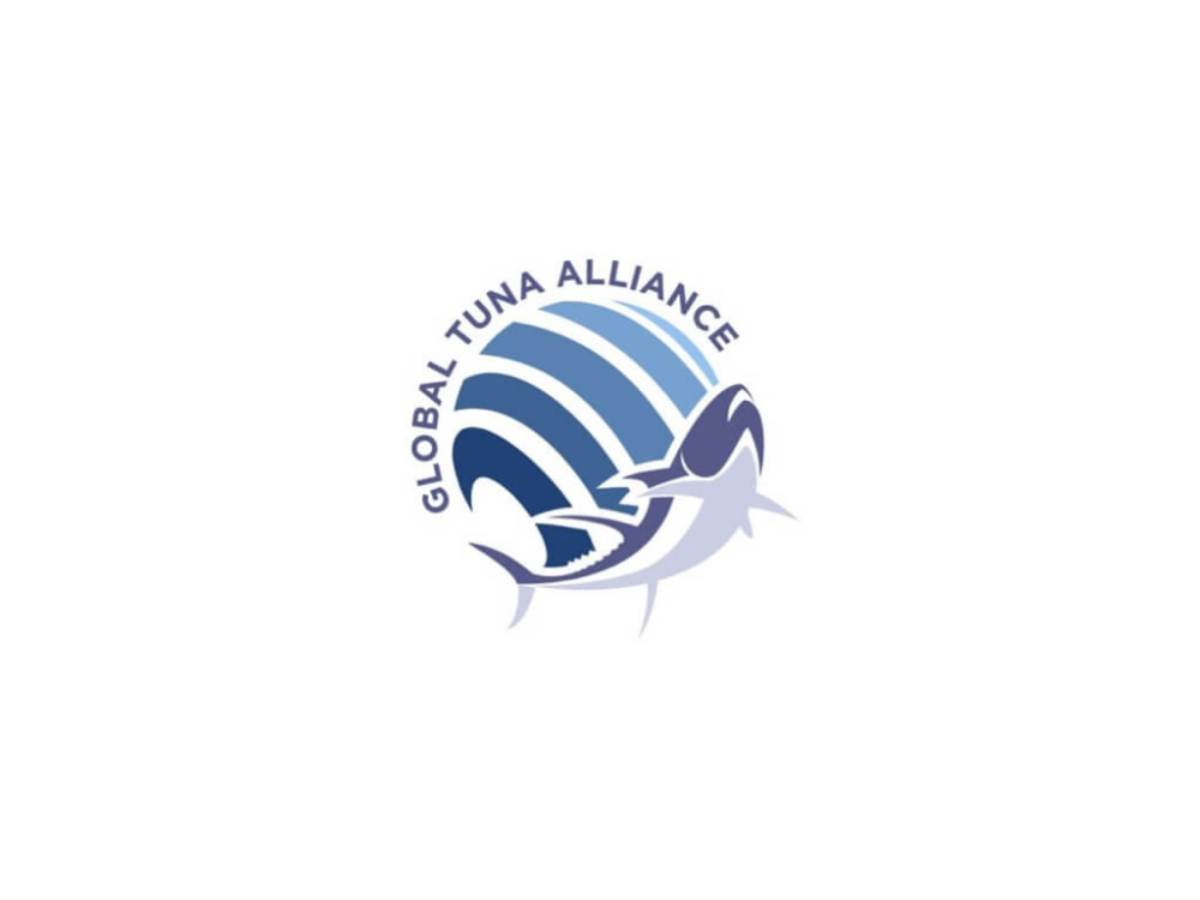
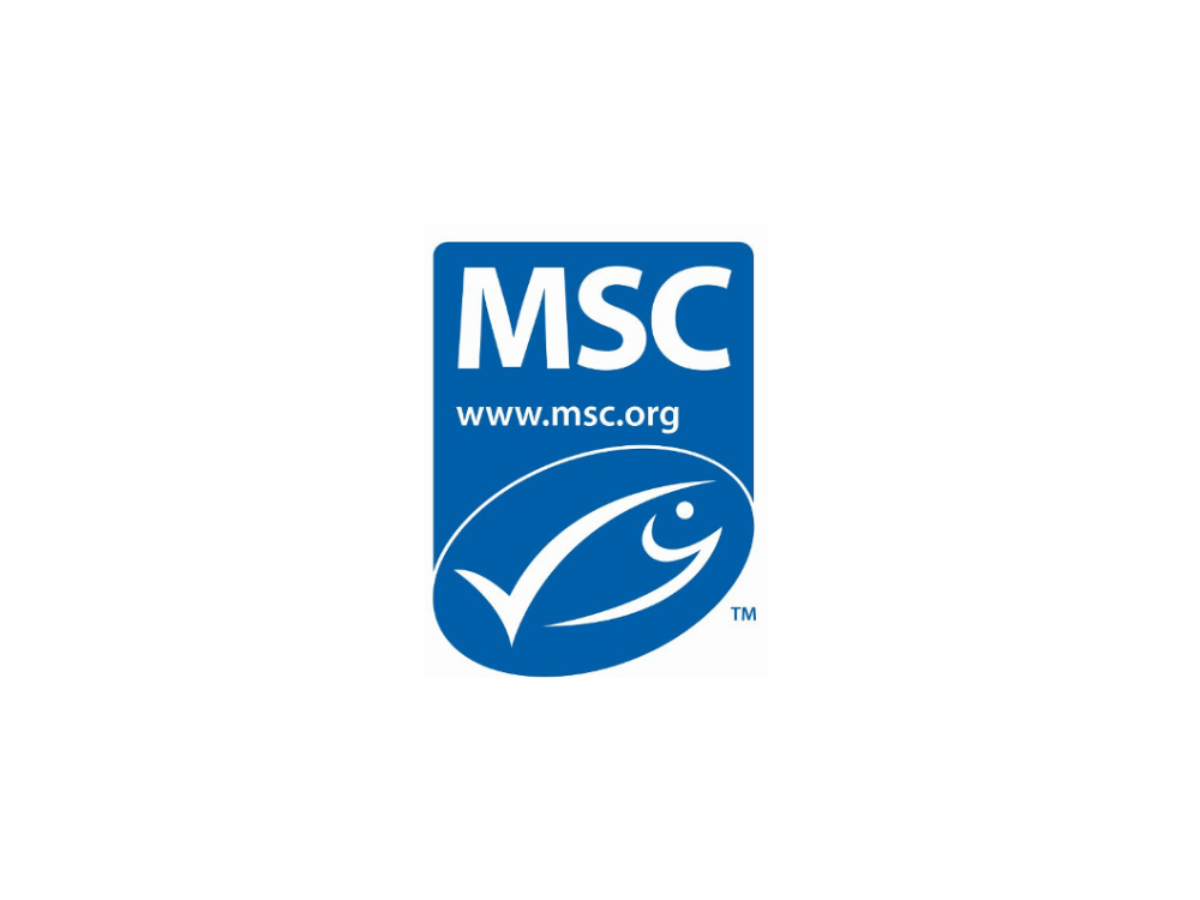
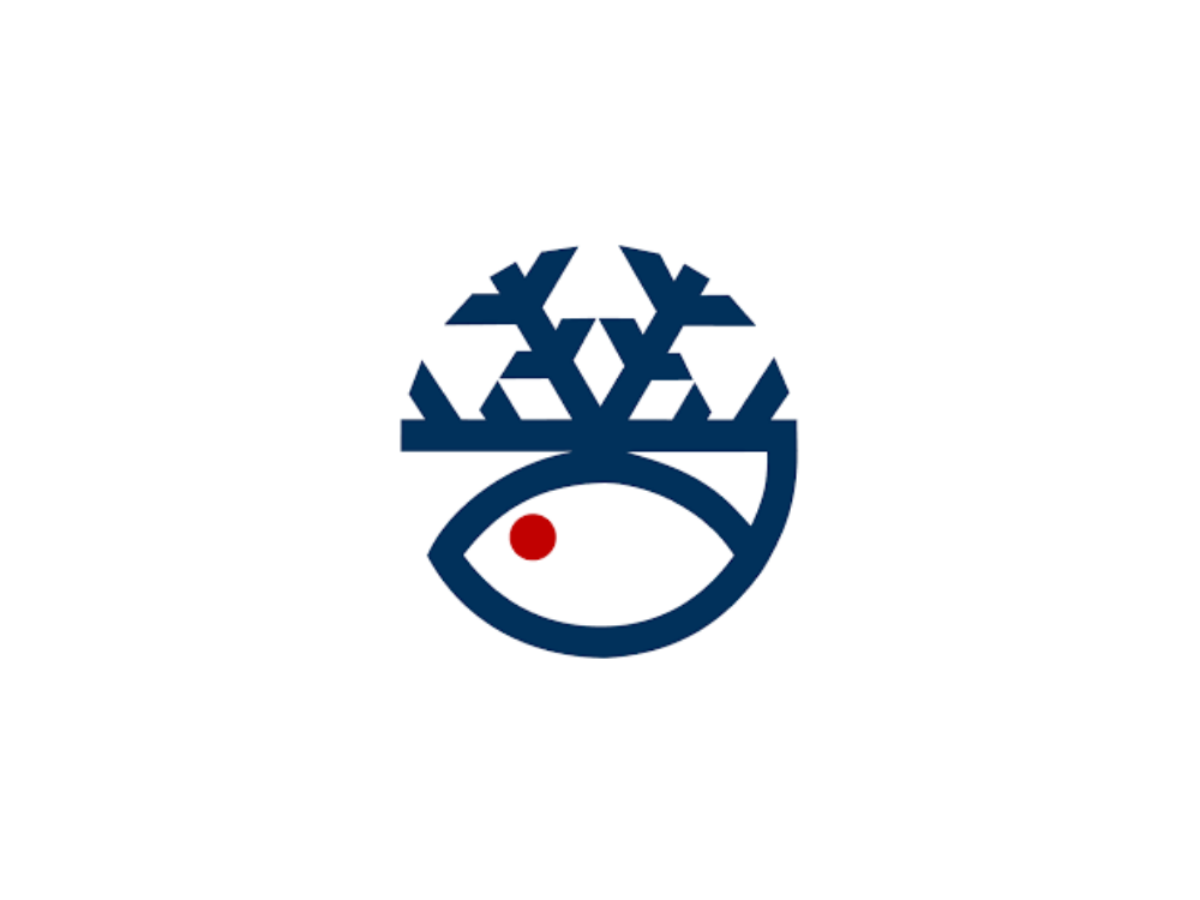
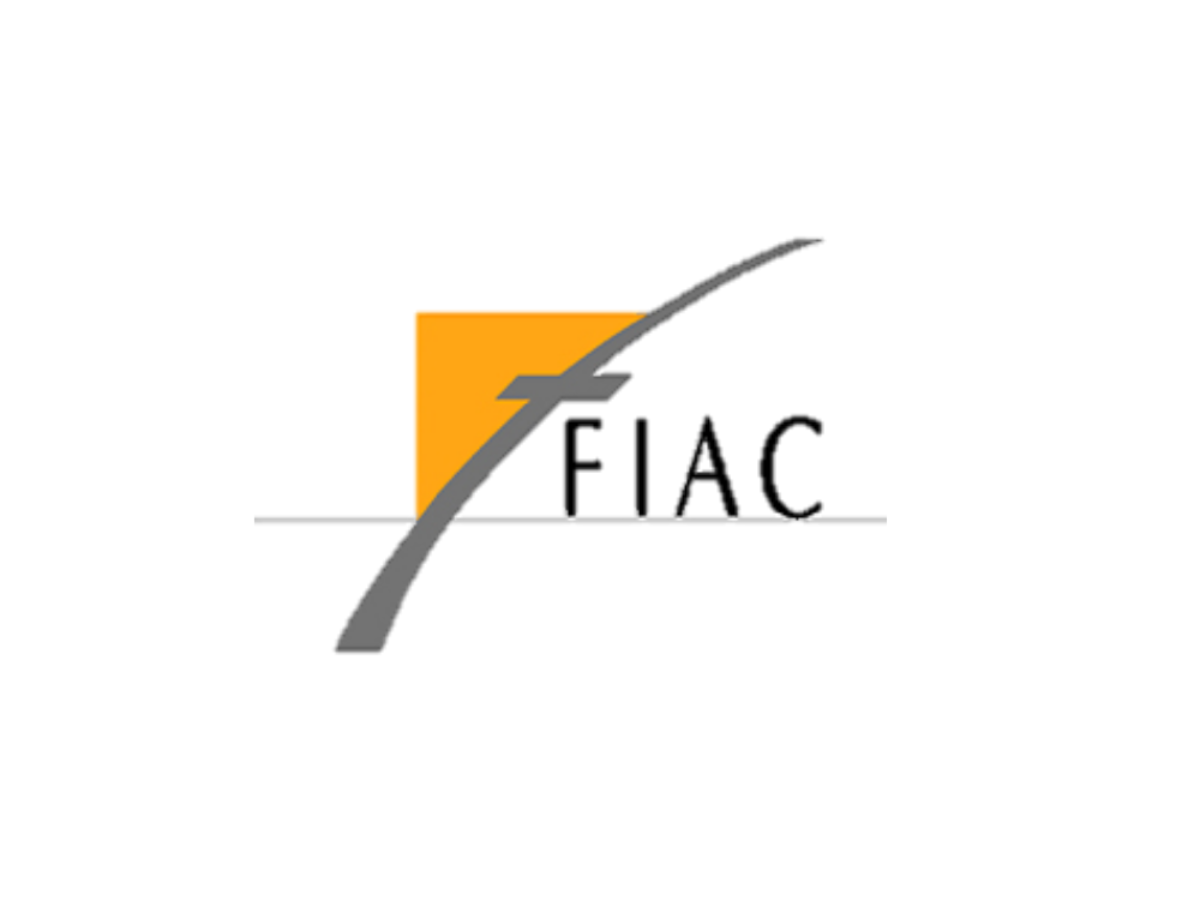
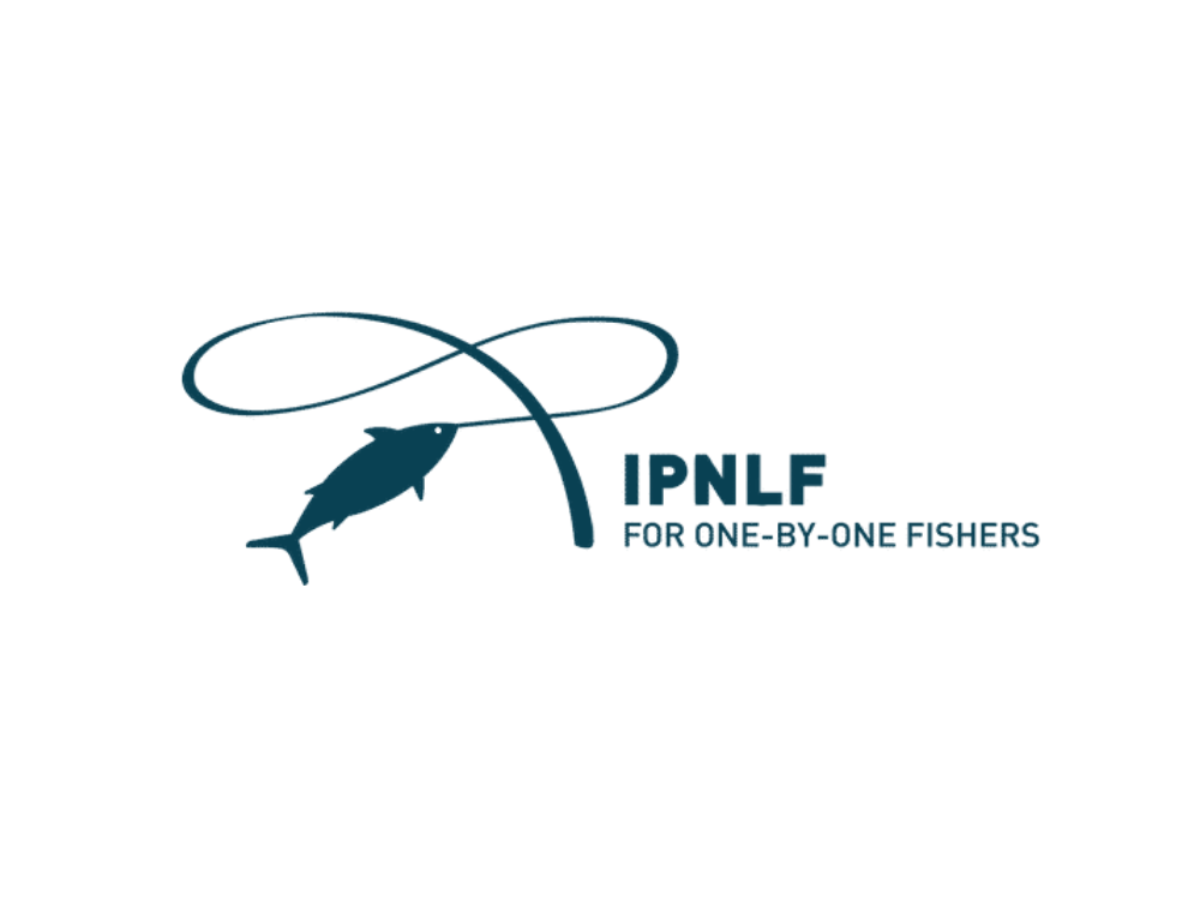

Since its launch in September 2018, the Tuna Protection Alliance's ambition has been organised around three major axes:
Before entering the Tuna Protection Alliance, all companies must sign the charter and share the group’s values. These values are transcribed in a document entitled ‘Manifesto for a more sustainable tuna sector’. This manifesto reflects the common ambition of the group: by 2025, to offer responsible tuna for sale.
Click here to view the Tuna Protection Alliance Manifesto.